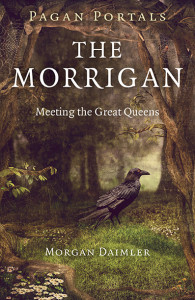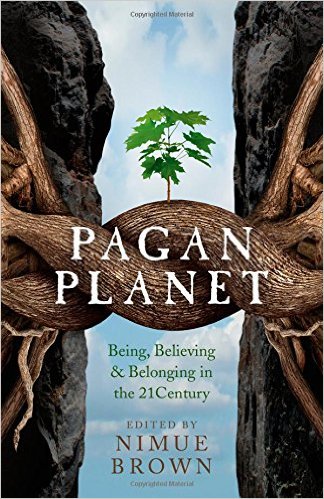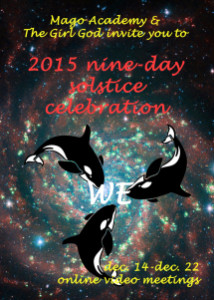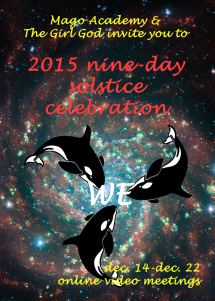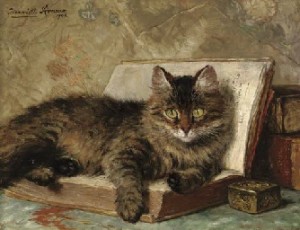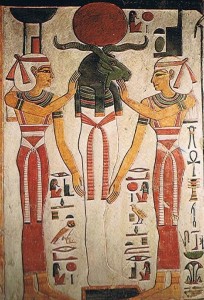Following up on my post last month about Celtic raven goddesses, I wanted to review this book about the goddess Morrigan, who was mentioned in that post.
The Morrigan: Meeting the Great Queens by Morgan Daimler is another installment of the Moon Books Pagan Portals series. It is a short book, under a hundred pages, but contains in-depth material nonetheless. It discusses the Irish triple goddess from early Irish literary and historical sources. Other Irish goddesses associated with or mentioned in conjunction with the Morrigan are also explored. If you are looking for a way through the baffling and contradictory literature about these goddesses your hopes are dashed. Daimler mostly confirms that the sources really are that confused and confusing. Needless to say, this is not a book for the casual reader. Still, those who worship Irish goddesses and are drawn to Irish Paganism will find it worthwhile. There are invocations, meditations, and personal recollections that break up the text, as well as short essays on general topics related to the Morrigan such as “dark goddesses.”
The Morrigan is written from a Pagan Reconstructionist perspective, with the limitations and prejudices this implies. It hints at the tensions between fundamentalists and reformationists in modern practice, which I find interesting rather than off-putting. Usually this “discussion” consists of Reconstructionists sniping at non-Reconstructionists and non-Reconstructionists rolling their eyes and ignoring Reconstructionists. I’ve decided that the time has come for some pushback from the other team and will be unleashing some well overdue criticism against Reconstructionism in an article I am writing for an upcoming anthology. I will eviscerate the Reconstructionists with incisive commentary worthy of the old Irish satirists. Morrigan has spoken: the war is on.

